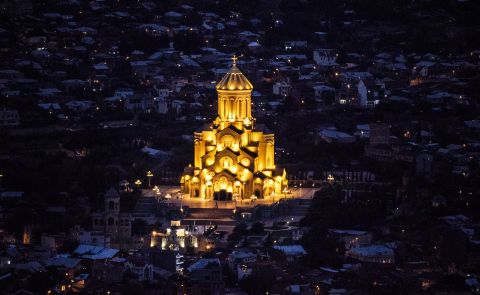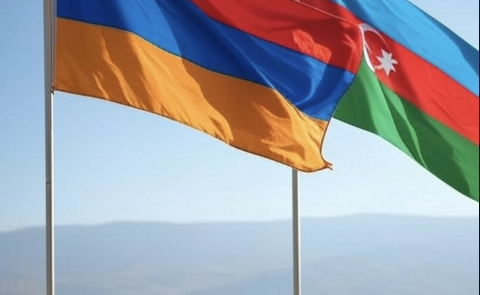
Armenia's Foreign Minister Highlights Peace Talks Progress Despite Azerbaijan Criticism
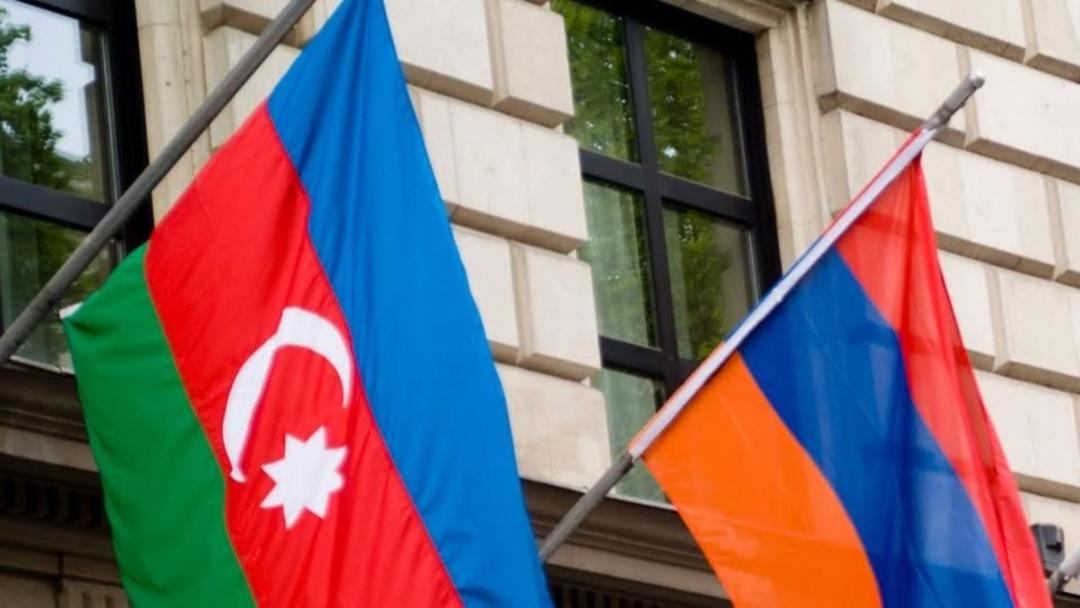
On January 8, Armenian Foreign Minister Ararat Mirzoyan summarized the last year, highlighting significant achievements in border delimitation with Azerbaijan.
He stated that the first international legal document regulating joint activities of the border delimitation commission had been adopted. He urged visits to the border areas to observe life there. Mirzoyan confirmed that the next meeting of the delimitation commissions would occur in January.
The Foreign Minister reported progress on the peace treaty, noting that 15 out of 17 points had been agreed upon and that Armenia was awaiting Azerbaijan's response to proposals sent a month and a half ago. He emphasized that foreign partners had approved Armenia's "Crossroads of Peace" project. Regarding unblocking communications, he mentioned proposals for simplifying customs procedures and ensuring cargo safety along the Yeraskh-Nakhijevan-Meghri railroad. He also noted progress in agreements with Turkey, including the potential reopening of the Kars-Gyumri railroad, which could promote regional economic opportunities and peace.
Mirzoyan underlined the EU mission’s importance on the Armenia-Azerbaijan border due to ceasefire violations and accusations against Armenia’s Defense Ministry. He clarified that there was no plan to revise the agreement with Russia on its military base or reduce Russian border guard presence, highlighting Armenia’s growing capability to manage its borders independently.
The Foreign Minister criticized Azerbaijan's claims about "Western Azerbaijanis," calling them evidence of territorial ambitions and a violation of Armenia’s sovereignty. He refuted these narratives, recalling the civilized departure of Azerbaijanis from Armenia during the USSR's collapse, contrasting it with the forced displacement and massacres of Armenians in Azerbaijan.
On arms procurement, Mirzoyan affirmed Armenia’s right to purchase defensive weapons to protect its borders and proposed an arms control mechanism to Azerbaijan, which was not positively received. He reiterated Armenia’s commitment to peaceful conflict resolution despite concerns over Azerbaijan's intentions.
Mirzoyan discussed Armenia’s strategic partnership with the US and ongoing efforts to elevate relations to a strategic level through agreements and meetings. Regarding provocations, he advised restraint and emphasized the importance of maintaining a peaceful agenda while working constructively with international partners.
Touching on Nagorno-Karabakh, Mirzoyan expressed pessimism about Armenians returning to the region, citing unfulfilled efforts by both current and former authorities. He questioned the conditions under which Armenians might return and highlighted the Armenian government’s commitment to integrating displaced persons by addressing their primary, medium-term, and long-term needs.
Finally, Mirzoyan announced renewed diplomatic activities in Syria, with Armenian diplomatic missions in Damascus and Aleppo resuming operations and establishing contacts with the new Syrian authorities.
Response from Azerbaijan on several issues
On January 8, the Western Azerbaijan Community criticized Armenian Foreign Minister Ararat Mirzoyan's statement rejecting the right of “Western Azerbaijanis” to return, deeming it contradictory and baseless. They emphasized that "Western Azerbaijan" is a term grounded in historical facts and self-identification, not a territorial claim, and reiterated their respect for Armenia's territorial integrity, advocating a peaceful return.
The community challenged earlier statements, including Prime Minister Nikol Pashinyan's claim of "voluntary departure" and compensation for Azerbaijanis. They argued that compensation implies recognition of wrongdoing, contradicting voluntary departure claims. They refuted receiving any compensation and asserted that the right to return remains valid regardless of the manner of departure. The community accused the Armenian government of committing crimes against humanity by denying this right and maintaining anti-Azerbaijani sentiment from past leadership eras, calling for adherence to human rights and substantive dialogue.
The Azerbaijani Foreign Ministry also refuted Mirzoyan's claims, accusing Armenia of historical falsification and highlighting mass deportations and suppression of Azerbaijanis over the last two centuries. The ministry cited instances of massacres, destruction of cultural heritage, and toponym changes, particularly during the 1948-1953 and 1987-1991 deportations. They rejected allegations of voluntary departures and compensation, pointing to evidence of violence and ethnic cleansing.
The ministry labeled Armenian objections to the term "Western Azerbaijan Community" as hypocritical, emphasizing Armenia's alleged policies of preventing Azerbaijani return and promoting ethnic homogeneity. They urged Armenia to abandon its "ethnic incompatibility" stance, engage in dialogue, and facilitate the dignified return of the Western Azerbaijan Community to their historical lands as a step toward peaceful coexistence.
See Also

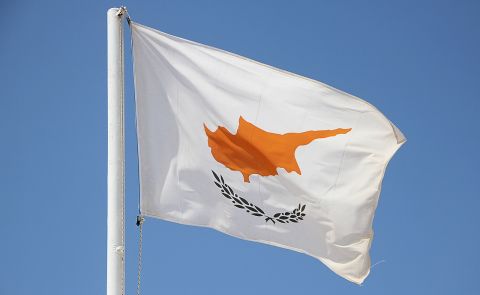
Cyprus Pledges Support for Displaced Armenians and Trilateral Partnership
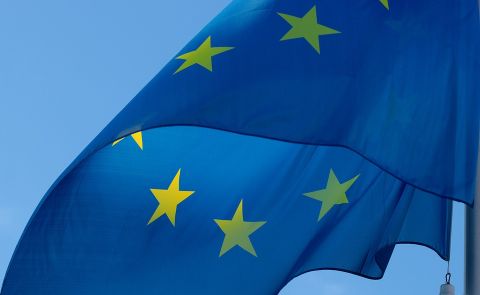
EU Official Encourages Turkey to Deepen Role in South Caucasus Stability
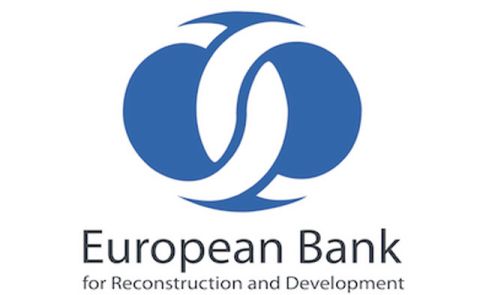
Armenia, EBRD Mark €400M Investment Milestone in Strategic Partnership
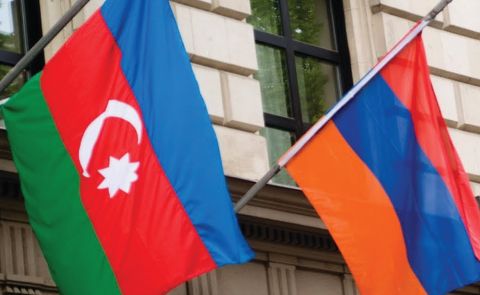
Armenian and Azerbaijani Officials Hold Separate Talks With Iranian Counterparts in Tehran
